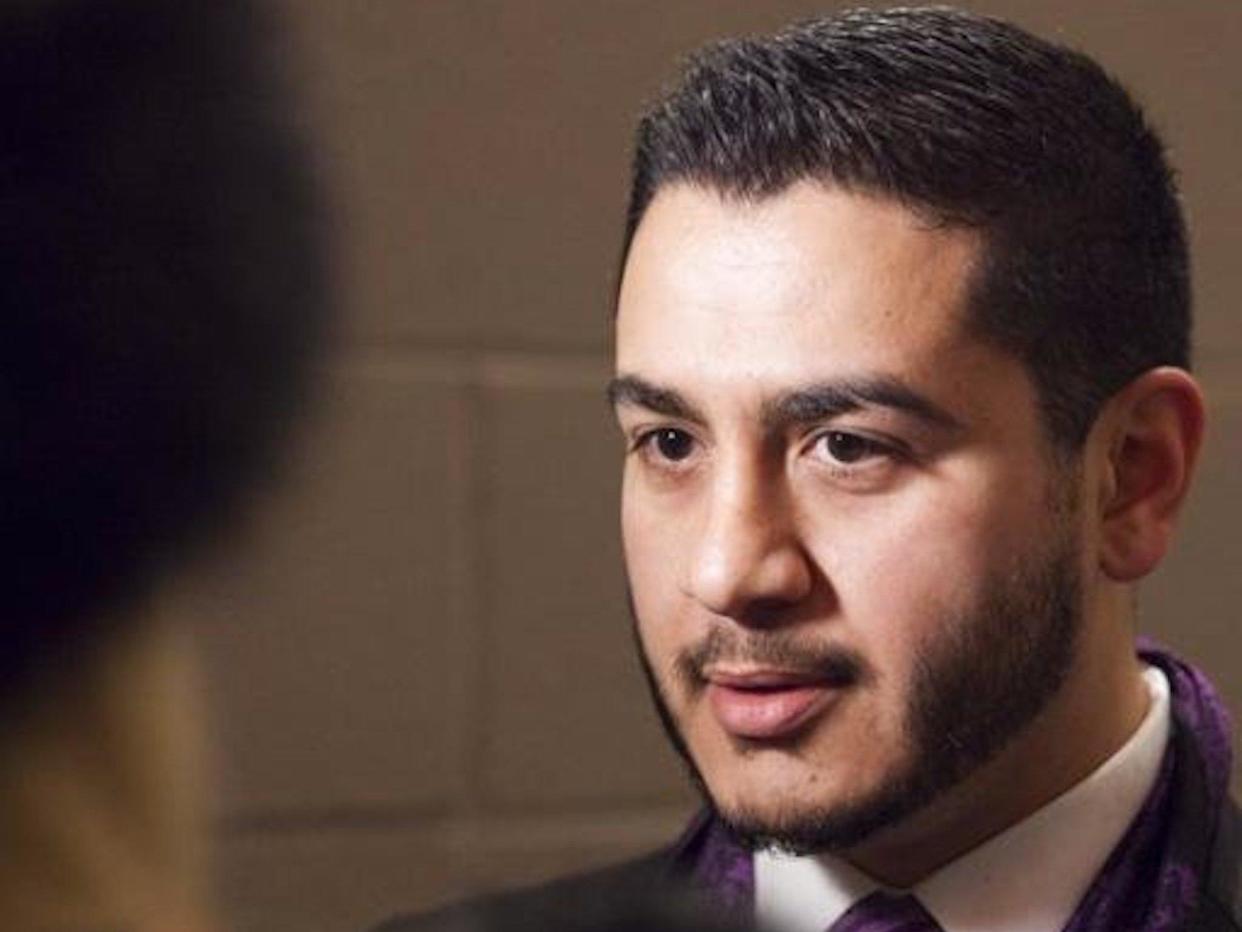Abdul El-Sayed: The man who could be America's first Muslim governor

Abdul El-Sayed, a 32-year-old Michigan doctor, could be America’s first Muslim governor.
In a crusade that echoes the message and style of Bernie Sanders’s presidential campaign, Mr El-Sayed is said to be trying to change US politics through his run for governor of Michigan.
Calling corporate campaign contributions “bribes”, he has promised to take no corporate Pac money, according to the Guardian.
If he wins the election, Mr El-Sayed has pledged universal healthcare to all Michiganders if it fails on the federal level. He has also said he will push to legalise marijuana, raise the minimum wage to $15 an hour, and make Michigan a “sanctuary state”.
Mr El-Sayed is “unwilling to waste state taxpayer money to enforce federal law that would rob small businesses of hardworking employees and tear apart families”, a spokesman told the Guardian.
Max Glass, Mr El-Sayed’s campaign manager also told the news outlet, “The electorate [in Michigan] doesn’t know what it wants, but it wants something different.”
“I wouldn’t have taken this race if I didn’t think we could win,” he added.
A year out from the Democratic primary, Mr El-Sayed has reportedly raised more than $1m through individual donations – despite having little name recognition or support from the Democratic party in Michigan.
Mr El-Sayed is running for office during a tumultuous time in American politics. Within a week of becoming president, Donald Trump issued an executive order banning visitors from several Muslim-majority countries.
Earlier this month, following a white supremacist rally in Charlottesville, Virginia, Mr Trump suggested that new-Nazis and hate groups were not 100 per cent responsible for the violence that had erupted at the event. Mr Trump’s comments were widely condemned by both Republicans and Democrats but were lauded by members of hate groups.
“I believe in a separation of church and state,” Mr El-Sayed said at an event, the Guardian reported, noting that former President John F Kennedy’s Catholicism was also a turning point in American politics.
“I can tell you that my ability to practice my faith in person, in my own home, when I choose to, where I’m allowed to, because of freedoms in this country have everything to do with that separation of church and state,” he said. “If I am going to want to be able to put my face on the ground 34 times a day, like I do, because I’m Muslim, I want to make sure no one can take that right away from me. And I will not take that right away from anyone else.

 Yahoo News
Yahoo News 
